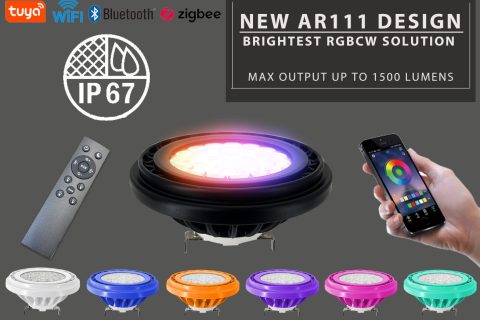From Farm to Fork: Choosing the Perfect 14 ft Refrigerated Truck

Every farmer, distributor or caterer knows that getting your produce from the field to the consumer in peak condition depends on having the right refrigerated truck. If you’re in the market for a 14 ft refrigerated truck for sale, this guide will help you zero in on the model that fits your needs, your budget and your load.
Introduction
The story begins in the field. You’ve harvested fresh berries, leafy greens or artisan cheeses. Your job is to keep them at the right temperature until they reach a restaurant kitchen or a home dining table. That’s where a 14 ft refrigerated truck comes in. Compact enough for tight city streets yet roomy enough for a solid payload, this size has become the go‑to choice for short‑distance hauls and urban delivery routes. Choosing the perfect one matters, so let’s break down what you need to look for before you buy.
Understanding the Core Insulation
The heart of any refrigerated body is its insulation material. Most 14 ft units use XPS foam board composite with a fiberglass sheet skin. XPS offers high‑density insulation, cutting thermal conductivity to a minimum. The fiberglass skin adds strength and resists moisture. Together, they form a shell that stays rigid, prevents gaps and keeps your cold chain intact.
Customizable Dimensions and Thickness
No two loads are exactly alike. Some deliveries need extra headroom for stacking crates, while others require thinner walls to gain a few precious inches of interior width. A reputable supplier will offer different panel thicknesses and interior heights. Before you commit, measure your tallest item, calculate pallet configurations and ask about custom sheet thicknesses. A tweak here or there can make your loading process smoother and reduce wasted space.
Temperature Range Considerations
Not all items need the same temperature. Dairy, meat and frozen goods have very different chilling requirements. A good 14 ft refrigerated truck for sale should operate reliably between –18 °C for frozen loads and up to 7 °C for chilled cargo. Make sure your unit’s refrigeration kit supports precise control across that full span. The right evaporator, condenser and digital thermostat will keep your produce from warming up in July or freezing solid in winter.
Flooring and Sealing Details
Your cargo rides on the floor, so give it extra thought. Anti‑slip aluminum floor panels are a must for safety and easy cleaning. Look for seamless installation, ideally, a single sheet or tightly joined panels with no rivets poking through. That prevents cracks where water or debris can collect. Likewise, pay attention to panel joints and door seals. Fiberglass panels with concealed fasteners minimize gaps, and high‑quality rubber gaskets ensure a snug fit when doors close. Those small details keep outside air, and contamination, out.
Payload Capacity and Chassis Compatibility
A mid‑size refrigerated body can carry up to 8,000 pounds of cargo. But that’s only half the story. You need a chassis that can handle that weight plus the body’s own mass. Most 14 ft refrigerated truck bodies are chassis‑agnostic, meaning they bolt onto a variety of 3.5‑ton or 5‑ton trucks. Check your local regulations for gross vehicle weight ratings (GVWR) and axle limits. Ensure the supplier confirms compatibility with your truck’s frame, suspension and brake system.
Maintenance and Service Network
Buying a refrigerated truck isn’t a one‑time deal. Regular maintenance of the refrigeration unit, seal checks and panel inspections will keep you on the road. Ask the dealer about service intervals, warranty coverage and local repair shops. A nationwide service network can be invaluable if you operate in multiple regions. You don’t want to be stranded with spoiled goods because you can’t find a qualified technician.
Budgeting for Long‑Term Value
Price tags can vary widely. A fully stocked kit, custom finish and extra‑thick insulation will cost more up front, but you’ll save on energy bills and downtime. Calculate your total cost of ownership: initial investment, fuel consumption impact, maintenance expenses and potential spoilage losses. A cheaper unit with thin walls might save you a few hundred dollars today but cost you thousands over its service life.
Conclusion
Finding the perfect 14 ft refrigerated truck for sale means balancing insulation quality, customizable dimensions, reliable temperature control and strong service support. Focus on materials, XPS foam and fiberglass skin, flooring options, chassis compatibility and total cost of ownership. When you’ve weighed those factors, you’ll have a truck that delivers farm‑fresh quality all the way to the fork.


